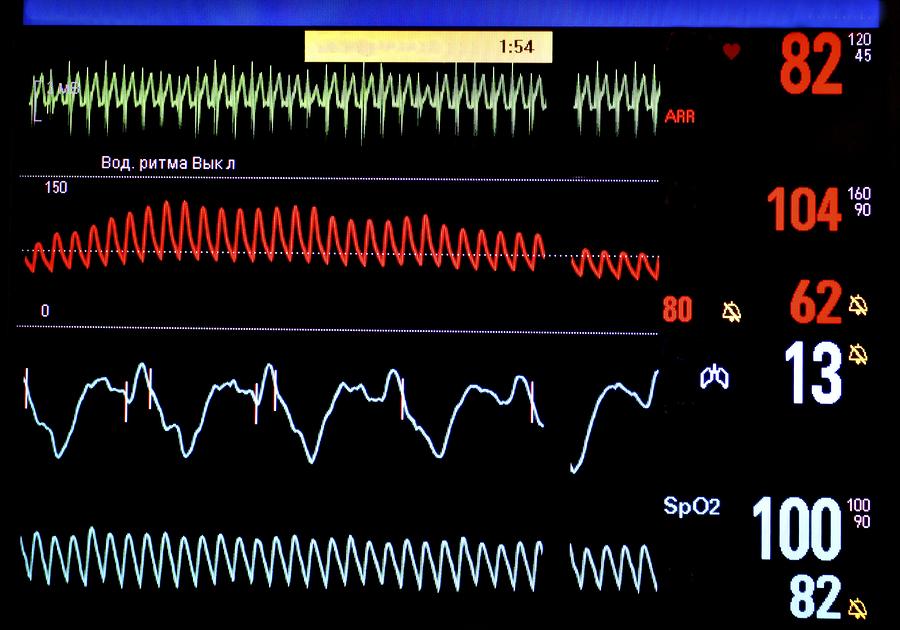The Wall Street Journal (WSJ) reports on how telemedicine is upending the delivery of health care. Doctors are more frequently using electronic means to communicate with their patients and with each other, either by phone, email or webcam. Doctors are consulting electronically more often to make split second decisions about strokes and heart attacks. Patients are using devices to transmit medical information to their doctors such as blood pressure, heart rate and other vital signs.
More than 15 million Americans have received some kind of medical care remotely in the past year, according to the American Telemedicine Association. The organization expects to see the use of telemedicine grow by 30 percent in the next year.
Mercy health systems in St. Louis has a new Virtual Care Center, a hospital without beds, and provides remote assistance to 38 smaller hospitals from North Carolina to Oklahoma in their intensive care units, emergency rooms, and other departments. The critical care doctors observe patient’s vital signs from a video monitor, and continually collect data to detect any medical complications. The doctors can attend a patient via a two way camera, and can get close enough to read the print on an IV bag. Mercy Virtual says that ICUs monitored by their specialists have seen a 35 percent decrease in patient’s length of stay, and 30 percent fewer deaths.
Doctors Without Borders is in regular communication about difficult cases in Niger, South Sudan and other remote areas to its network of 280 experts around the world.
Is Quality of Care Being Sacrificed?
The use of telemedicine is growing rapidly, but still faces significant questions and challenges according to the WSJ report. Rules regulating telemedicine differ from state-to-state and are being debated and changed. Physician groups are just now developing new guidelines about appropriate treatment for patients using telecommunication. A big question being debated among providers, payers, regulators and patients is whether quality of care is being sacrificed for convenience.
Many health plans and employers are now offering virtual visits to patients as a convenient way for patients to be treated for nonemergency medical care without leaving their home or office. Patients can speak to a physician by telephone, video or email, for a one time consultation for treatment of colds, flu, earaches and skin rashes for about half the cost of a regular office visit. Critics say that these types of consultations can’t thoroughly evaluate the patient for any underlying problems resulting from upper respiratory infections. The doctor can’t listen to your heart, culture your throat or feel swollen glands for example. Telemedicine also threatens to fragment the delivery of health care and undermine the doctor-patient relationship.
Source: Wall Street Journal, “How Telemedicine Is Transforming Health Care,”by Melinda Beck, June 27, 2016
Medtrust Transport provides emergent and non-emergent ambulance services. We support patients and their families in Charleston, Myrtle Beach, and Georgetown, South Carolina with expertly trained EMT personnel and a fleet of fully-equipped ambulances. Our goal is to provide compassionate and timely patient care.

